Prevent Your Car from Overheating: Causes and Tips
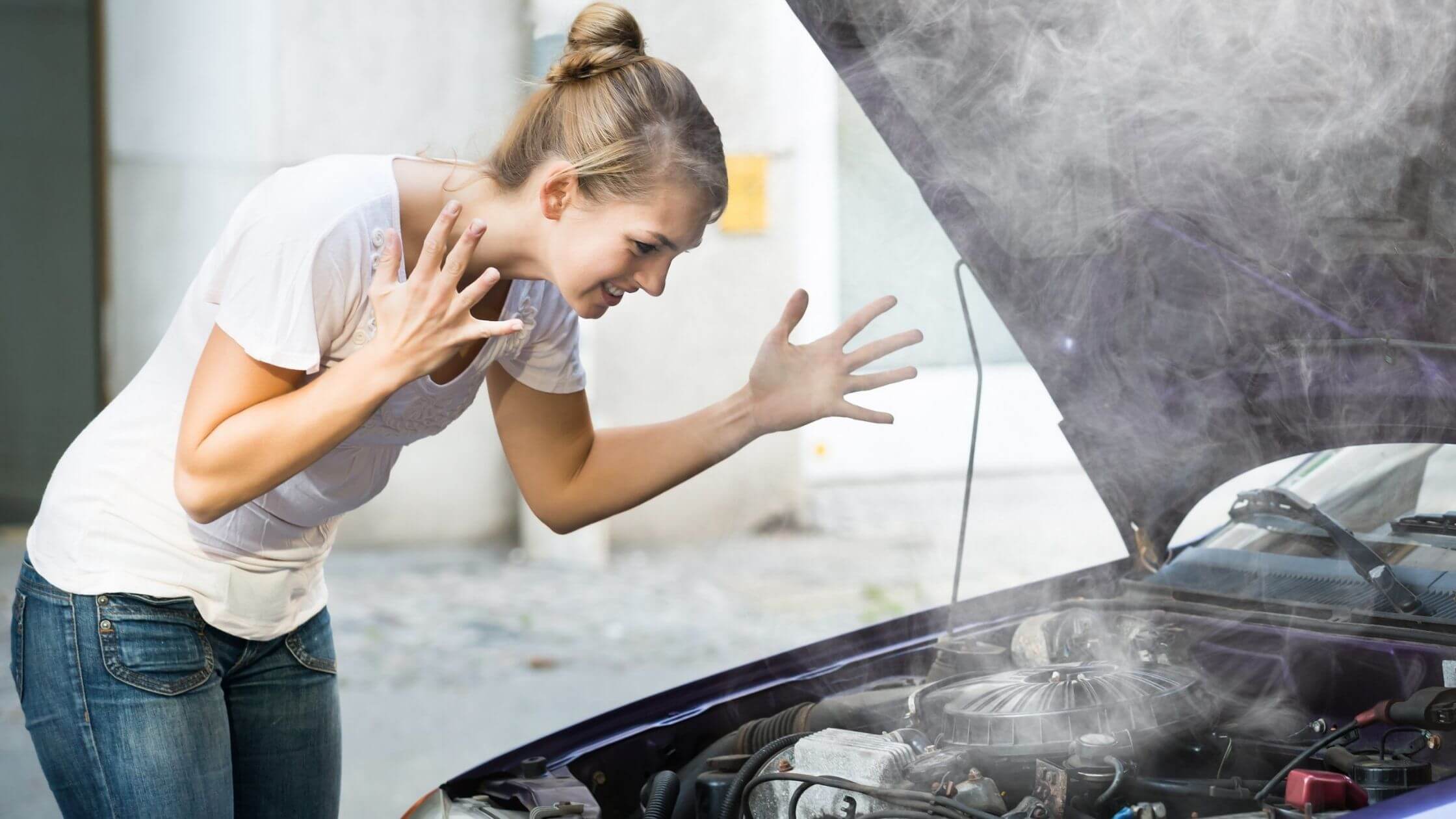
Overheating can pose some serious problems to car engines, especially on hot days. Car heating is an alarming sign indicating that your cooling system needs some urgent care. Regularly overheating engines will not only land your car in the repair shop and also be a threat to your safety. Which means you’ll have to spend considerably more on car maintenance.
These issues increase manifold when you go on long road trips. Follow a healthy car maintenance regime, get your car inspected at regular intervals to keep this car overheating problems at bay. Don’t let this overheating problem ruin your travel plans. Here’s some handy information on how to avoid this issue.
What Causes Car Overheating?
Friction generates heat, and this is the exact reason why engines start heating. With numerous parts working nonstop in the car engine, it is inevitable to stop heating entirely, but there are ways to control the heat. Sometimes heating can be controlled by refilling your antifreeze, but more serious heating causes can do severe damage to your car. You’ll have to take your car to the service center for it, so make sure you have comprehensive car insurance to cover the expenses.
Here are Some Common Car Overheating Causes
Leak in the Cooling System
Coolant leaking from the cooling system in your car can result in severe damage and even complete engine breakdown. As coolant is the main element that draws heat away from the engine.
Fault in Radiator Fan
A faulty radiator fan will fail to pull air across the radiator to help reduce the coolant’s temperature resulting in car overheating.
Broken Water Pump
The water pump circulates coolant through the cooling system. Any problems with it, such as leaks or malfunctioning, can cause the vehicle to overheat.
Low Coolant
The coolant absorbs heat from the engine then moves to the radiator to cool it down. The cooling system will not be fully effective if it doesn’t have enough coolant.
How to Prevent Car from Overheating
Preventing car overheating is crucial for smooth driving. Regularly check coolant levels and radiator condition. Park in shaded areas during hot days. Service the cooling system as recommended. If your car shows signs of overheating, pull over, turn off the engine, and seek assistance immediately. Here are some major points. So, let’s see the points:
Keep Checking the Car’s Coolant and Radiator
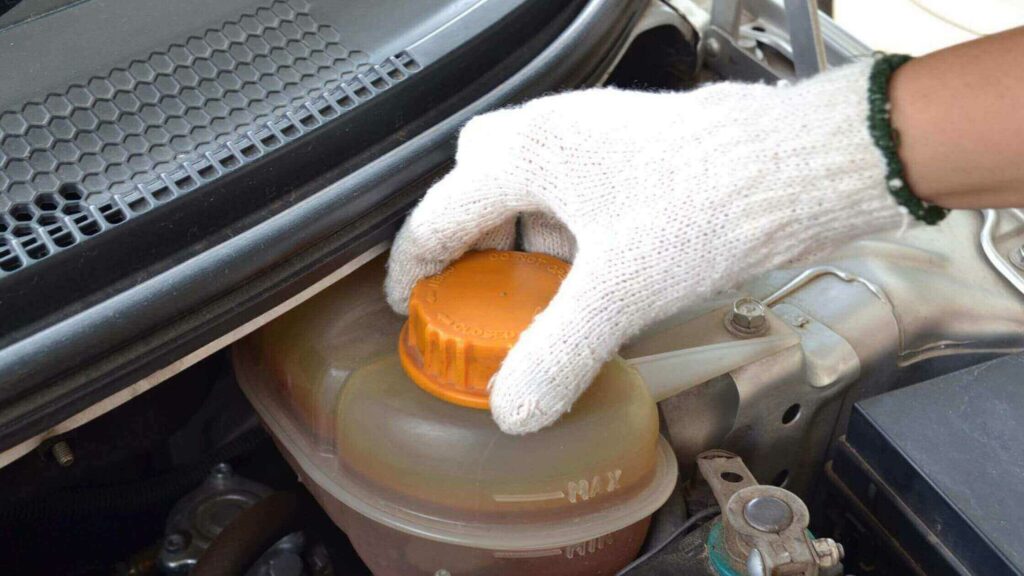
The car radiator relies on coolant to keep the engine temperature under control. Coolant is a heat absorbing liquid that runs through the engine to ensure that it does not overheat. Cleaning your radiator and maintaining the levels of coolant is essential to prevent overheating.
Always keep it above the recommended levels. Also, make sure of the quality of the coolant. If you notice discoloration or debris when you open a radiator, you are using poor-quality coolant.
Always Watch the Temperature Gauge
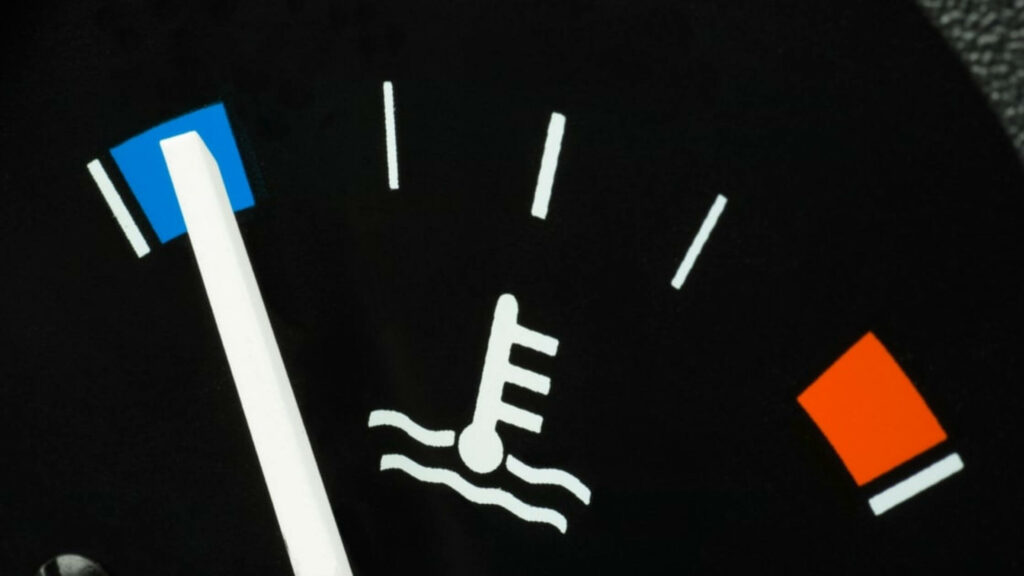
The temperature gauge informs about the engine temperature while it’s on. It displays the vehicle coolant temperature. Keeping a check on it will help you avoid overheating. If the needle in the temperature gauge points towards hot, turn off the engine and wait until it cools down.
In some cars, a temperature gauge is not present but an alternative indicator is there. You may get an aftermarket digital gauge plug added to keep a check on it.
Turn the Heater On
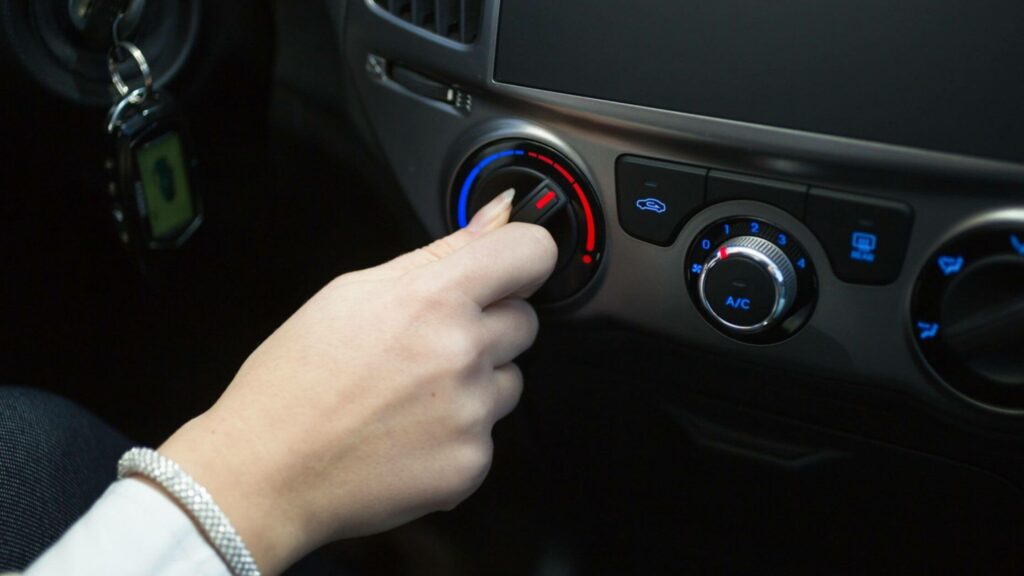
Turning a heater on is another great way to prevent overheating as it pulls heat out of your engine into your vehicle. It can be incredibly uncomfortable during summer days, so try it in winters to avoid overheating. Just leave the heater on for some time, and it would normalize the engine temperature to an extent.
Check for Coolant Leaks
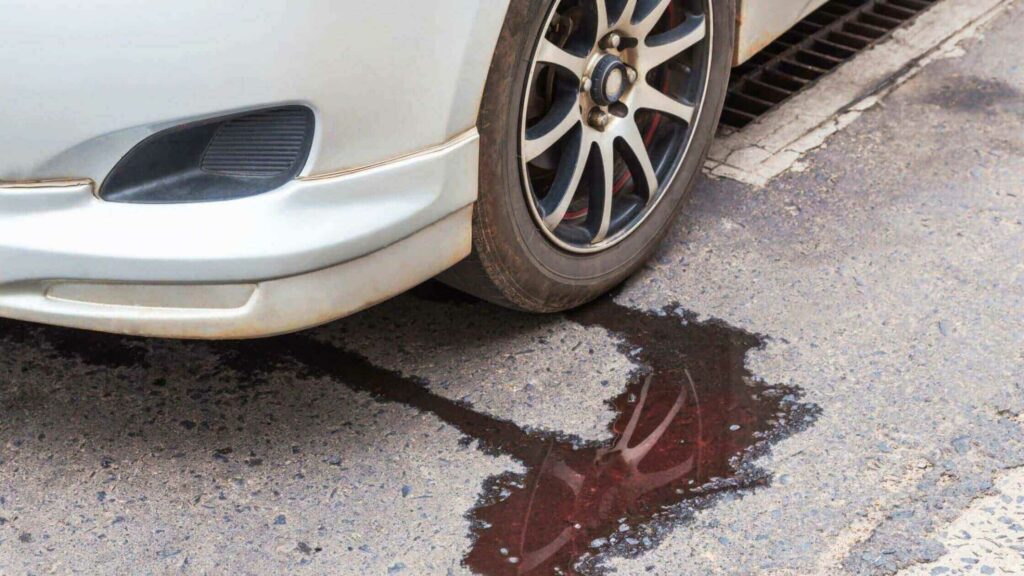
You may face heating issues even after filing coolant and water to an appropriate level before going on a drive. It could happen due to coolant and water leaks.
So, if you are facing car overheating issues in your car even after putting adequate coolant and water, carefully check for any potential leaks. It is also advisable to perform coolant flushes if the motor car is too old and has run over 50000 miles.
Consider Replacing Car Batteries
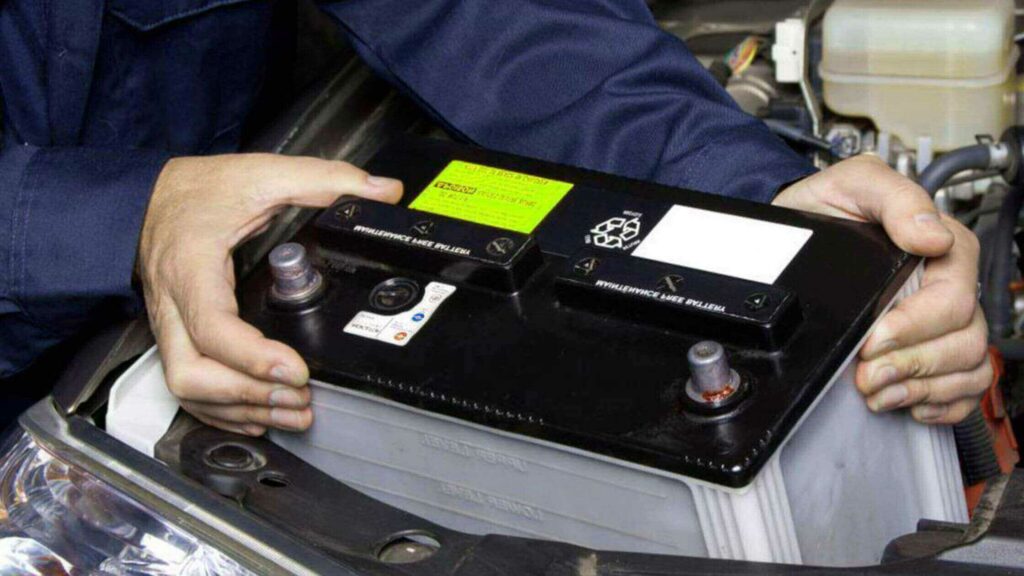
The battery is the most overlooked part of the car. Car battery ensures seamless power distribution to all the critical electrical and mechanical components of the car. Batteries, over time, lose their efficiency in terms of charging capacity and supplying power. So, the car mechanics have to work harder, resulting in overheating. Hence, you should consider replacing it for more fluid performance.
Cars have become such an essential part of our daily lives, from daily conveyance to holiday wheels cars are like a necessity for all. So take care of your car to maintain uninterrupted mobility. Don’t let overheating break your movement or break down your car.
It’s hard to calculate the extent of damage overheating can do. How to prevent car overheating, it may be fixed with one bottle of cold water or extract every penny from your bank account.
Thus, it is essential to keep your car covered with comprehensive car insurance coverage to save yourself from financial losses in case something happens to your car. Insurance coverage will keep you free from stress if something happens to your car on the road while driving, and even in more cases, talk to insurance providers to know it all.
Make sure you buy suitable car insurance and sign up for breakdown services to cope with such a situation
Abe GT & Associates can help you to prevent car overheating and car owners save money from these unexpected losses. Connect with us for all types of auto and car insurance policies in Chicago. Our agents will be happy to help.
FAQ’s
1. How can I prevent car overheating?
Regularly check coolant levels and radiator condition, and avoid driving in extreme heat without cooling breaks.
2. What should I do if my car starts overheating?
Pull over, turn off the engine, and let it cool down. Check coolant levels and call for assistance if needed.
3. Is it essential to service my car’s cooling system?
Yes, regular maintenance ensures proper cooling system function and prevents overheating issues.
4. How can I keep my engine cool during summer?
Park in shaded areas, use sunshades, and run the AC intermittently to reduce engine stress.
5. Are there any signs of impending overheating?
Watch for warning lights, unusual engine noises, or rising temperature gauges, and address issues promptly.



